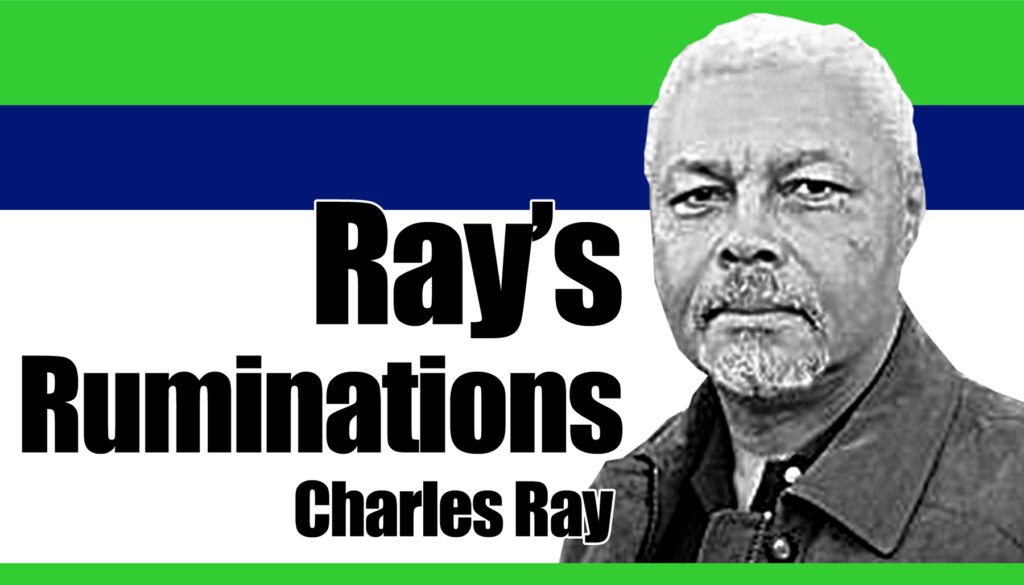
We humans are a sociable, tribal lot. Well, the exception to that, I suppose, are those who dislike contact with others so vehemently they don’t even want to talk to the kid who delivers their groceries. I’ve been a writer for a long time, and writing is a solitary pursuit. When I’m writing, I don’t want to interact with anyone other than the characters who inhabit my stories.
But, at other times, I enjoy the company of others—in moderation. When I lived in a suburb on the outskirts of Washington, DC, I had a small community of contacts. The neighbor who joined me in my garage three or four times a week for games of Go and discussions of philosophy and life in general, and the other neighbor with whom I played golf two or three times a month. Along with my immediate family; children, grandchildren, nieces and nephews who live in the area, that was my community. And it was enough.
Then, we moved to Frederick, Maryland, a small, historic city about forty miles north of Washington. From a suburban house with a large yard and a forest in back to an urban townhouse with a forest park a quarter mile away, despite the larger population, for the first six months, my community had shrunk to my significant other and occasional visits from children and grandchildren who now lived farther away. As time went by, however, I began to rebuild a community of sorts.
First were the bird watchers and dog walkers (the ones who walk their animals on a leash at least). My significant other and I walk two to four miles each day when it’s not raining along a nice paved path the city provides along the Monocacy River just over a half mile from our house. The wooded path, with beaten trails through the trees and bush all along the river, is a bird watcher’s paradise, and I always take my camera along on our walks.
The other bird watchers do the same, and I soon found myself comparing notes with others. We now know each other and converse as we stalk our avian friends each day. My significant other is fond of dogs, despite being bitten twice, and made friends with the friendlier dog walkers, who also include me in their conversations, mainly because dogs, like children, seem to take to me.
My second community also developed over time. Every Sunday morning, I get up at five and after exercising, I get dressed and walk a quarter mile to a nearby shopping mall where I buy my three Sunday papers (the local paper, The Washington Post, and The New York Times), which take home and, after breakfast, I read the opinion pages, the comics, and work the puzzles.
There are four or five other people who, like me, are news and puzzle junkies, who do the same, and as will happen, we usually arrive at the Giant food store at the same time, just after it opens at six in the morning, and after a time, we got to conversing.
The Sunday morning store crew, middle-aged and elderly ladies, join the conversations; greeting us as their Sunday News Crew, and for a few minutes each Sunday, we catch up on things.
Now, I know that this might not sound like much of a community to some people, but it’s plenty for me. I get to interact with people who share common interests for a few minutes—in the case of the bird watchers on an almost daily basis. I can then go back to my fourth-floor home office, boot up my computer, and shut the rest of the world out while I work without feeling like an eccentric recluse.
That’s all for now. See you next week. | NWI




